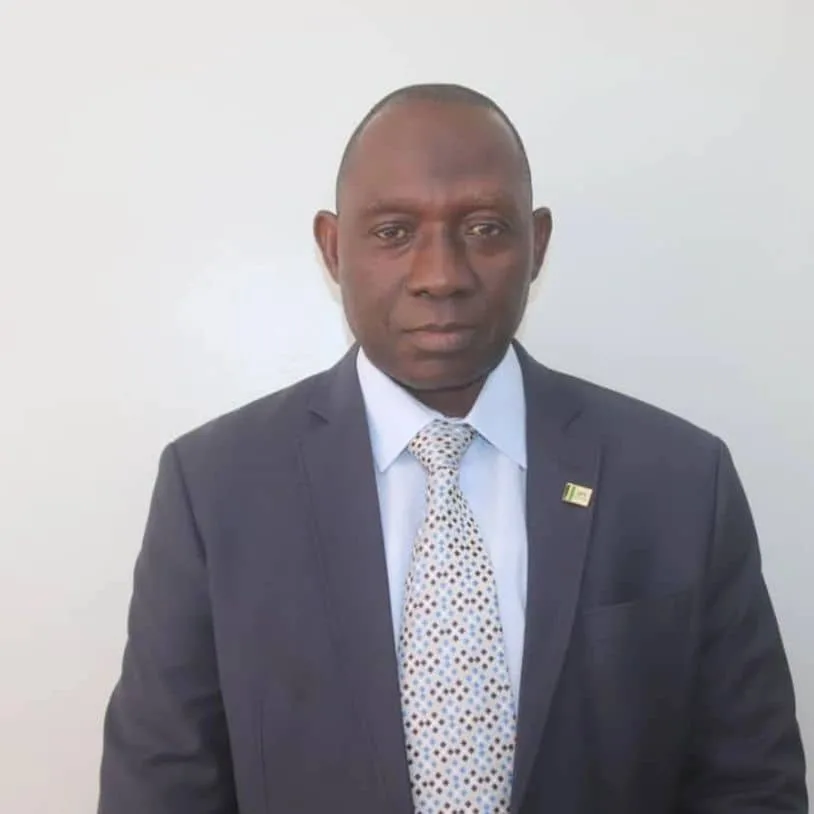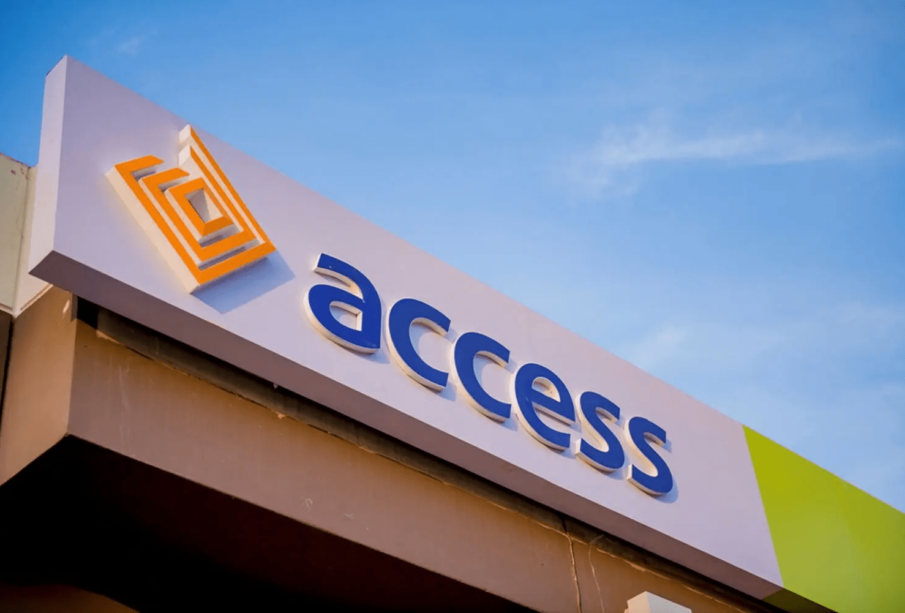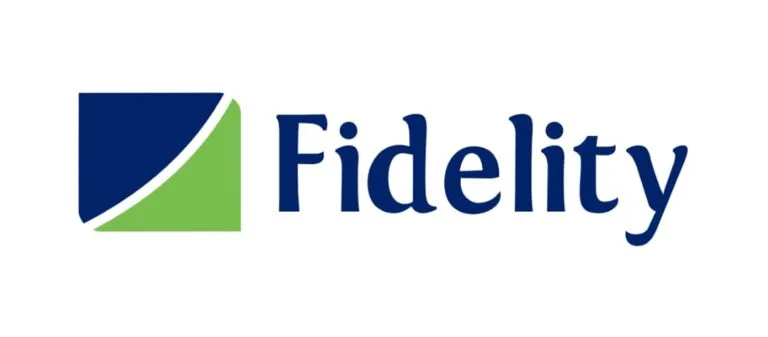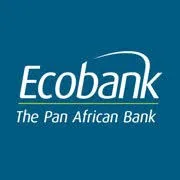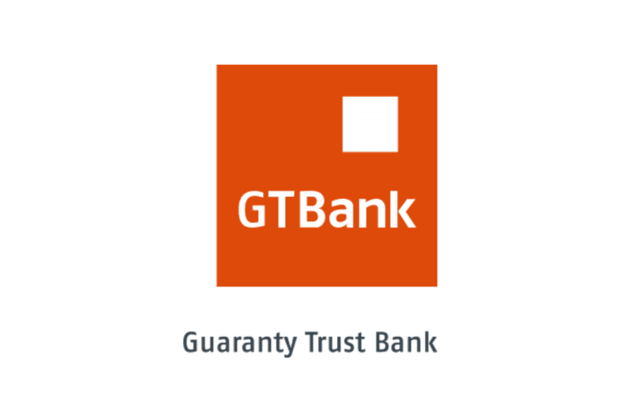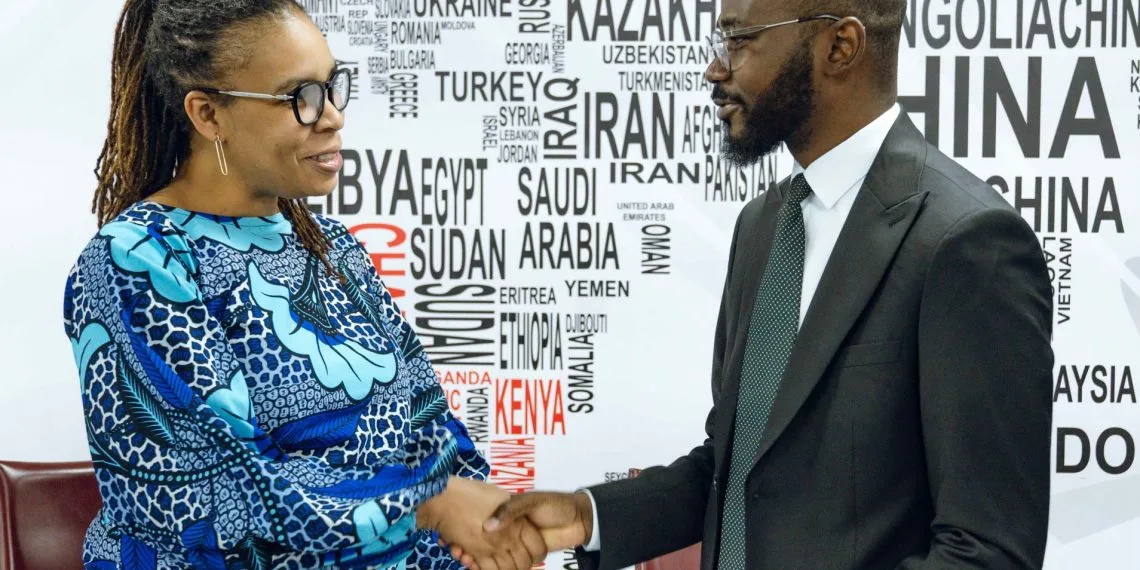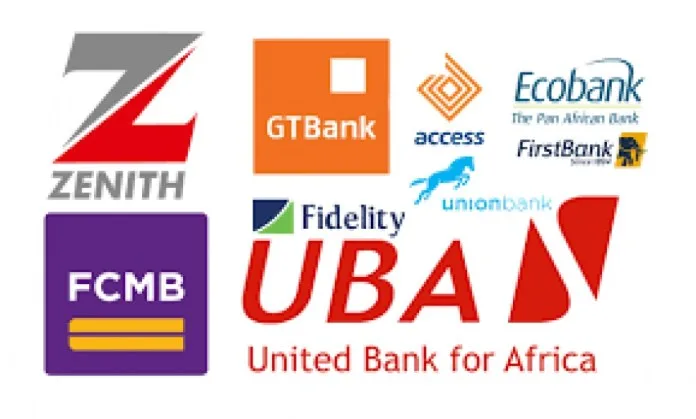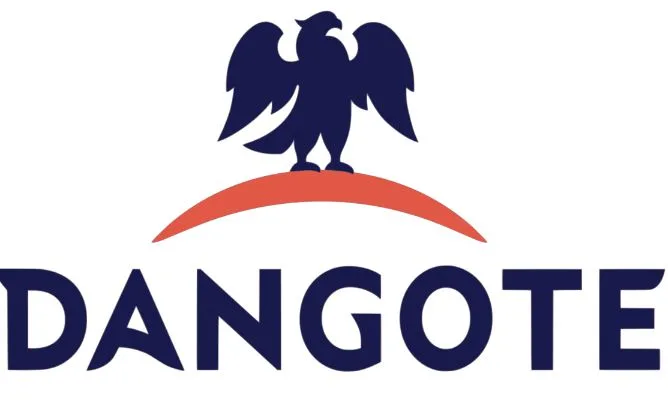Access Holdings Plc has announced its half-year audited financial results for the period ended 30 June 2024.
The results shows that the company has increased its revenue to N2.2trn in the first half of the year.
Access Holdings Plc is a leading multinational financial services group that offers commercial banking, lending, payment, insurance, and asset management services.
The company said in a statement that its continued resilience, focus on delivering sustainable performance and commitment to creating long-term value for shareholders gave it the edge to succeed.
It added, “Access Holdings Plc demonstrated strong performance across all key balance sheet indicators and continues to maintain a well-structured, healthy, and diversified financial position. This is evident in the resilient half year results from the banking franchise operating in twenty-two markets across four continents and the non-banking subsidiaries including Access Pensions, Hydrogen Payments, and Access Insurance Brokers.”
Breaking down the half year 2024 performance, Access Holding said total assets and shareholders’ equity stood at ₦36.5 trillion and ₦2.8 trillion, respectively.
“This represents a year to date of growth of 37.1% and 29.8%, respectively. Customer deposits increased by 31.3%, from ₦15.3 trillion in December 2023 to ₦20.1 trillion by half year 2024. Gross loans and advances also saw an increase of 37.6%, growing from ₦8.9 trillion in December 2023 to ₦12.3 trillion by half year 2024, from organic loan growth and the impact of foreign currency-denominated loans.
“Access Holdings reported triple-digit growth across all profitability metrics, with gross revenue rising by 133.5% year-on-year, from ₦940 billion in half year 2023 to ₦2.2 trillion in half year 2024. This increase was supported by higher interest and non-interest earnings in the period. Interest income surpassed the ₦1 trillion mark, from the expansion of risk assets and effective pricing, leading to a 142% growth from ₦606.8 billion in half year 2023 to ₦1.47 trillion by half year 2024. Non-interest income also grew by 117%, rising from ₦333.4 billion in half year 2023 to ₦723.6 billion in half year 2024.
“Profit before tax increased by 108.2% year-on-year, from ₦167.6 billion in half year 2023 to ₦348.97 billion in half year 2024, while profit after tax rose by 107.7%, from ₦135.4 billion to ₦281.3 billion over the same period. This resulted in a 103% growth in earnings per share (EPS), which increased from ₦3.74 in half year 2023 to ₦7.58 in half year 2024.
“Cost-to-income ratio (CIR) remained relatively flat at 60.4% in half year 2024 despite double digit growth in inflation and devaluation in the same period. Cost to income was moderated as revenue outpaced operating expenses. The increase in operating expenses was primarily from ongoing IT upgrade and integration, double-digit growth in AMCON levy and NDIC premium which increased by 63.1% and 37%, respectively, and will normalise in the second half of the year, inflation-related cost-of-living adjustments, higher energy expenses, and the currency conversion impact of subsidiaries’ operating costs.
“To maximise value for our shareholders, Access Holdings Plc has declared an interim dividend of 45 kobo per share (half year 2023, 30 Kobo), representing a 50% increase in dividend payout,”’ the report added.
Speaking on its banking group, the Access Holdings said the challenging operating environment and tight monetary policy stance did not stop Access Banking Group from recording strong year-on-year growth across all performance metrics, with Interest and non-interest income contributing significantly to gross earnings.
For instance net interest income grew by 131% from N232.2 billion in half year 2023 to N536.7 billion in half year 2024.
Fees and commissions increased by 94% year on year from N119.8 billion to N232.5 billion from higher transaction volumes on our digital channels, credit related fees and card payments.
“The Banking Group subsidiaries contributed 55% to the Group’s Profit Before Tax (PBT), demonstrating the significant impact of their operations and growing importance in driving overall profitability. Year-on-year, their PBT performance grew by 218% from N63.3 billion to N201.7 billion.
“As part of our ongoing strategic expansion beyond Nigeria, we have successfully completed the full integration of the merged entities in Zambia and Tanzania operations. These developments not only enhance our presence in key markets but also create significant value by expanding our customer base, strengthening cross-border banking capabilities, and fostering increased operational efficiency across our subsidiaries.” the company added.
Speaking on the operating performance of the non-banking subsidiaries, Access Holdings said the performance demonstrated a consistent growth trajectory.
It added, “Access Pensions has achieved a remarkable 162.1% increase in Assets Under Management (AUM), rising from ₦1.1 trillion in December 2023 to ₦2.9 trillion in the first half of 2024. This growth is driven by organic expansion in RSA accounts, new mandates, and synergies from the merger with ARM Pensions. As a result, Access Pensions has positioned itself as one of the top two largest pension fund administrators (PFAs) in Nigeria, with over 2.8 million RSA accounts. Furthermore, the operating income for the pension business saw a substantial increase of 190%, climbing from ₦5.6 billion in H1 2023 to ₦16.2 billion in H1 2024.
“Hydrogen Payments achieved a remarkable 1,871% growth in top-line revenue compared to H1 2023, reflecting its exceptional performance and contribution to the profitability of the holding company. The total payment volume (TPV) processed surged by 306%, reaching N13.8 trillion in H1 2024, up from N3.4 trillion in H1 2023. Notably, 90% of these transactions were processed through the Hydrogen switching platform, underscoring its reliability and dependability, particularly for small businesses across Nigeria. The platform’s ability to handle large transaction volumes with minimal downtime has significantly improved operational efficiency, contributing to a stronger profit outlook for the group.
“Access Insurance Brokers posted significant growth with an 83% increase in gross premiums written and a 60% rise in commission income in the first year of operations. Specifically, gross written premiums surged from N2.3 billion to N5.9 billion by half year 2024.”
The company added that it is confident in its ability to surpass the growth momentum achieved in the first half of the year as operations continue in the second half.
It said, “Our strategic priorities will remain focused on scaling non-banking segments, expanding our digital footprint, and solidifying our presence in high-growth African and international markets. These are geared towards accelerating revenue diversification and ensuring long-term sustainable value creation for our shareholders.
“Furthermore, we are fast-tracking the completion of our technology infrastructure integration and upgrades, which will significantly enhance operational efficiency across the group. This technology transformation will strengthen our digital capabilities, allowing us to deliver superior services to our customers, drive operational synergies, and optimise cost.
“Our strategic focus on non-banking segments, digital expansion, and geographic diversification will continue to create lasting value for shareholders, positioning the group to capitalise on emerging opportunities and sustain growth in the long term.”
On future plan, the company said, “We recently concluded our rights issue of N351 billion, and we are awaiting the Central Bank of Nigeria (CBN) capital verification and the Securities and Exchange Commission (SEC) approval for the allotment of rights. We will keep our investors and shareholders informed as we proceed with the exercise.”

